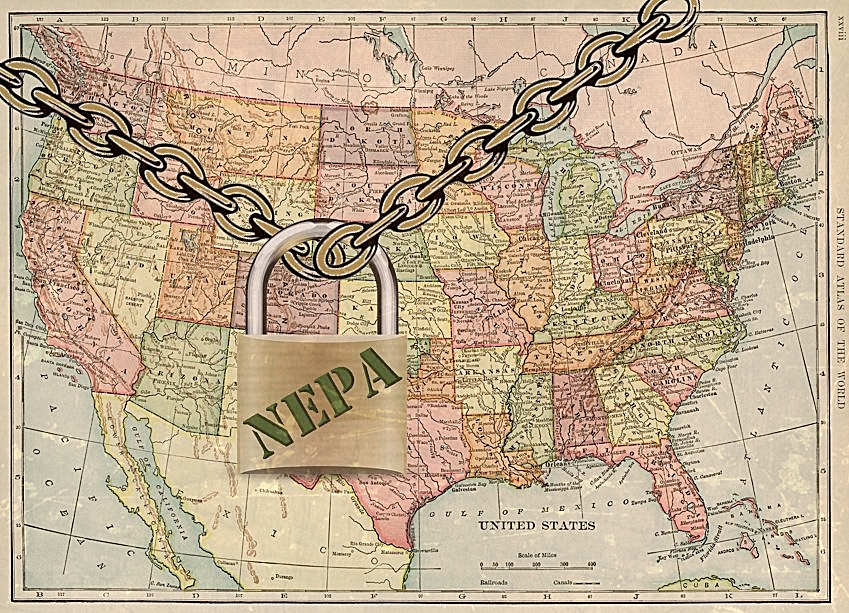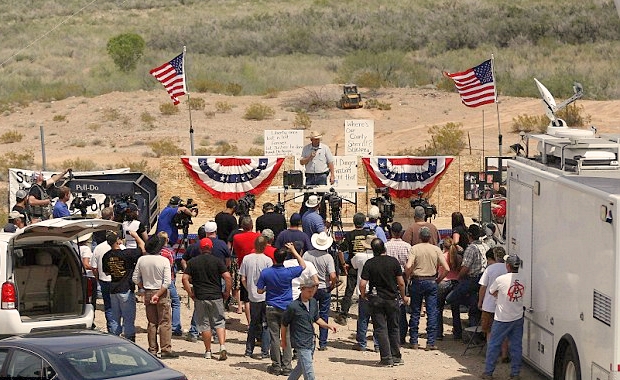“Counties, as units of local government, should be afforded great deference by land managers in the federal government,” said Willox. “We agree with the Western Governors Association that states and local governments are not merely ‘stakeholders,’ but rather co-regulators established by Congress.”
Michael Sandoval
Western Official, Infrastructure Experts Call For Environmental Analysis Reforms, States As Co-Regulators
Congress should revisit the landmark environmental regulations initiated by the National Environmental Policy Act if it wanted to fix the nation’s crumbling infrastructure and help the environment, a panel told the House Natural Resources Committee at an oversight hearing today.
A Wyoming county commissioner, a national infrastructure expert, and a union representative from the construction industry told members of the House committee that the effects of NEPA, signed into law in 1970, had “metastasized” into permitting “bottlenecks” that raised costs, drew excessive litigation, and imposed significant environmental harm on projects of all sizes, especially in the West, undermining the legislation’s original intent.
James Willox, a Converse County commissioner and representative of the Wyoming County Commissioners Association, told the committee that NEPA’s mission had “mushroomed” beyond its original intent.
“What was once a helpful look at proposed actions has metastasized into a grotesque perversion of Congressional intent whereby agency officials are forced into years of analysis and reams of paper designed to fend off litigation instead of making sound, informed policy decisions,” Willox wrote in prepared testimony.
“This has real consequences for my county, for Wyoming, and for all of the West. The length of time it takes for the federal government to issue Records of Decision on major oil and gas projects is well-plowed ground in this committee,” Willox said.
[wp_ad_camp_1]
Western Wire has covered the extensive oil and gas permitting delays on federal land for months.
Willox cited several projects in western Wyoming that have been stuck in the planning and environmental impact stages for between four to eight years.
“The delays are costly to the project proponent, but also are a burden on local economies and government services,” Willox said. Willox described minor projects, like transmission lines, that take multiple 90-degree turns to avoid federal land “so they don’t have to go through the process and the cost of the shortest, most reasonable route that would have the least impact on the environment.”
Willox suggested that Congress revisit what constitutes a federal nexus and allow counties to become “co-regulators” in the permitting process.
“Counties, as units of local government, should be afforded great deference by land managers in the federal government,” said Willox. “We agree with the Western Governors Association that states and local governments are not merely ‘stakeholders,’ but rather co-regulators established by Congress.”
[paypal_donation_button]
Free Range Report
[wp_ad_camp_3] [wp_ad_camp_3] [wp_ad_camp_3]
[wp_ad_camp_2]



